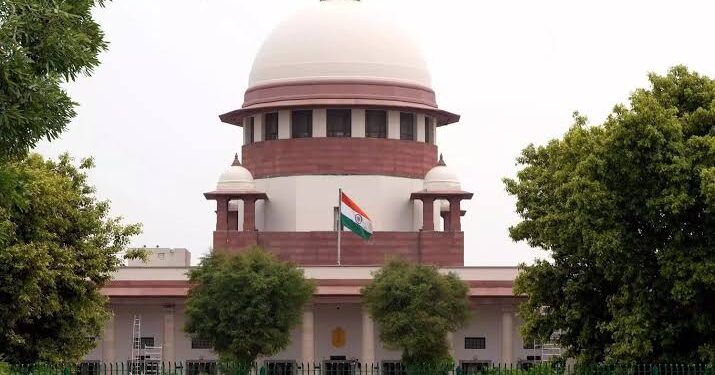The Supreme Court has issued a notice to the Central government regarding a habeas corpus petition filed by Gitanjali Angmo, the wife of Ladakh-based environmentalist, innovator, and activist Sonam Wangchuk.
The petition challenges Wangchuk’s detention under the National Security Act (NSA).
Solicitor General Tushar Mehta, representing the Central government, informed the Court that the grounds for Wangchuk’s detention had been duly provided. “The grounds for detention were supplied,” he confirmed.
In light of these submissions, the Bench ordered, “Issue notice.”
Wangchuk was arrested in Ladakh on September 26 and is currently held at Jodhpur Central Jail. His arrest followed protests and incidents of violence in Ladakh concerning the demand for statehood for the union territory.
Habeas Corpus Plea Gains Momentum
In her petition, Angmo contends that her husband’s detention under Section 3(2) of the NSA is illegal and arbitrary, lacking a genuine connection to national security or public order. Instead, she argues that the detention is intended to silence a respected reformer who advocates for democratic and ecological causes.
The petition further claims that Wangchuk’s activities were limited to peaceful Gandhian protests in Ladakh. These actions fall under his constitutional rights protected by Article 19. Therefore, his detention constitutes a violation of free speech.
Angmo also alleges that the procedural safeguards for preventive detention were not followed, thus infringing upon Wangchuk’s rights to liberty and equality as guaranteed by Articles 21 and 14 of the Constitution.
Additionally, it was noted that neither Wangchuk nor Angmo had been provided with a copy of the detention order or the grounds for it. The petition also challenges Wangchuk’s transfer to Jodhpur. This location is over a thousand kilometers away from Ladakh.
Angmo has requested his immediate release and his production before the Court. She also seeks permission for telephonic and in-person access. Further, directives to ensure that he is provided with necessary medicines, clothes, food, and other basic necessities while in custody are needed.





























